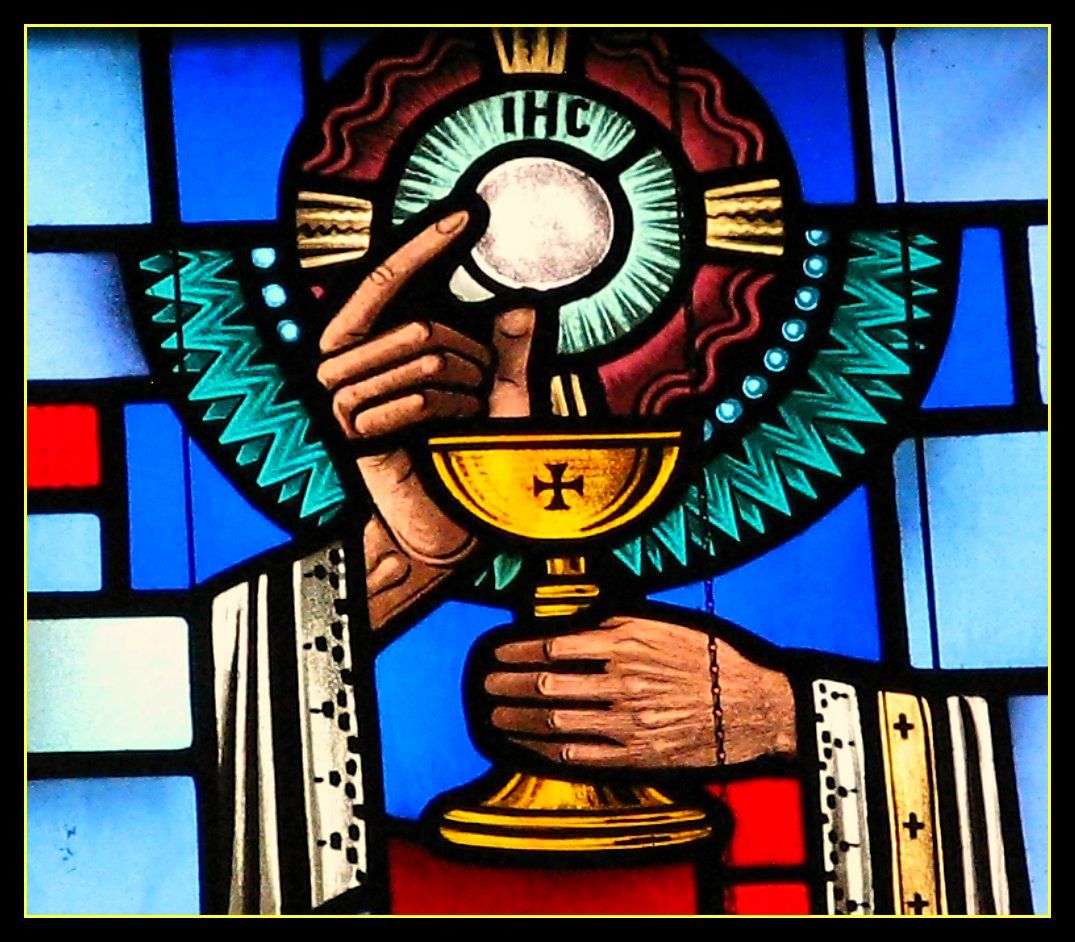“Stick-to-itiveness is one of the more inelegant words in the English language, but I have a special fondness for it. … I have also found that it is one of the marks of Christian discipleship and have learned to admire those who exemplify it.”Eugene H. Peterson, A Long Obedience in the Same Direction: Discipleship in an Instant Society
There are at least three streams of cultural influence working against young Christians who desire stick-to-itiveness—who want their faith to have true staying power.
The first stream is the cultural influence of the status-quo, which insists that a life of faith is mostly confined to young students and parents of children. If you have spent any time leading or participating in youth ministry in the past few decades, you know the statistics. After high school, church attendance drops significantly. And it tends to stay there for a while, at least until you get married and have kids and want to raise them “properly.”
The second stream is our general hurried pace, and our celebration of this hurried pace. Our days are packed. We move from one activity to the next with little to no time for reflection. I recently taught a group of High School students the practice of Lectio Divina. We quickly discovered that the most difficult aspect of this practice for modern Christians is the period of silence after we have read, meditated, and prayed. Like everything else we do, there is a tendency to get in, hear from God in prayer and through Scripture, and then get out and move on with our lives. We have to fight everything within us to choose to sit, in silence, to allow the words to sink in.
The third stream of cultural influence that is detrimental to our development of a spiritual stick-to-itiveness is our love for noise. Like many of our loves, this one is—for many of us—actually a love-hate relationship. We wake up and reach for our phones in order to catch up on what we might have missed while we were sleeping. We are standing in line and instinctively reach into our pockets to check the time on our phones, and are met with notifications demanding our attention. Minutes later we put our phone back into our pockets, only then realizing that we still do not know the time. We recognize how life-draining these habits are, but we cannot find a way to avoid them.
So what are those of us who recognize these streams within our own lives to do to combat them? What about for those within the church who are living in the no man’s land of young adulthood who—if you believe the statistics—are a dwindling crowd?
Those of us who desire a faith that lasts despite the challenges addressed above have a liturgical ally in our fight against these three streams: the Prayers after Communion and—by extension—the time we spend waiting for the Prayers after Communion.
Let’s be honest: everyone has somewhere to be. The average parishioner has had a busy weekend, and a looming week ahead of them. Their favorite team has already begun to play, or the rest of their friends are already at lunch waiting for them. It is very convenient to slip out the door after receiving the Body and Blood of Jesus; it may also be working against the very aspect of our faith that needs the most attention at this point in our lives.
Forcing ourselves to kneel and pray while we wait for others to finish receiving Communion goes against each of the streams mentioned above. Rather than being an inconvenience, we can view this time as a gift from God to pause and be still in the presence of Jesus. There is nothing to accomplish in this time. No demands to be met. We simply wait, and pray.
At the end of our time of waiting, the Priest prays one of several Prayers after Communion that themselves also help combat the three streams. As an Anglican Christian living in the English-speaking world, I cannot help but close with one of the Post-communion Prayers found in the 1979 Book of Common Prayer.
Against the status-quo of dwindling church membership among millennials, we are asked to pray “thank you for assuring us in these holy mysteries that we are living members of the Body of your Son.”
Against the tendency to rush out the door and move on to other activities, we are reminded that we are actually being sent out of our Parish by God “to do the work you have given us to do, to love and serve you as faithful witnesses of Christ our Lord.”
Against our dependency on being fed by the noise of daily life we thank God “for feeding us with the spiritual food of the most precious Body and Blood of your Son our Savior Jesus Christ.”
